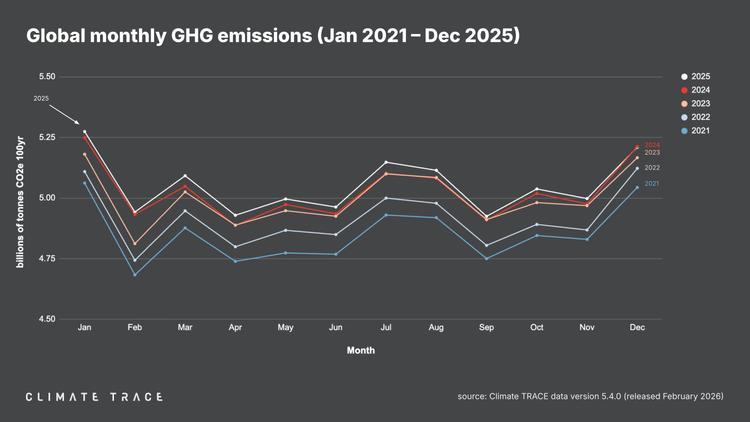BRICS leaders call for more inclusive climate governance and greater finance flows to Global South

As the BRICS Summit comes to a close in Rio de Janeiro, members have signed a joint declaration calling for more inclusive climate governance and to increase the flow of climate finance from developed economies to the Global South.
“We emphasize that ensuring accessible, timely and affordable climate finance for developing countries is critical for enabling just transition pathways that combine climate action with sustainable development. We underscore that the provision and mobilisation of resources under the UNFCCC and its Paris Agreement is a responsibility of developed countries towards developing countries,” the leaders of Brazil, Russia, India, China, South Africa, Egypt, Ethiopia, Indonesia, Iran, Saudi Arabia and the UAE wrote in the declaration.







